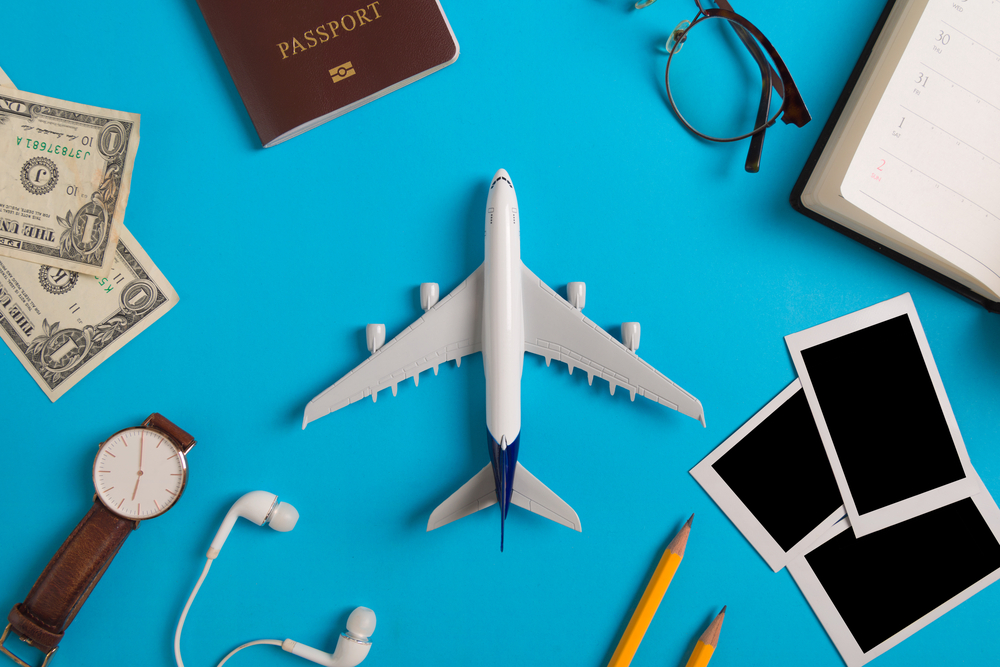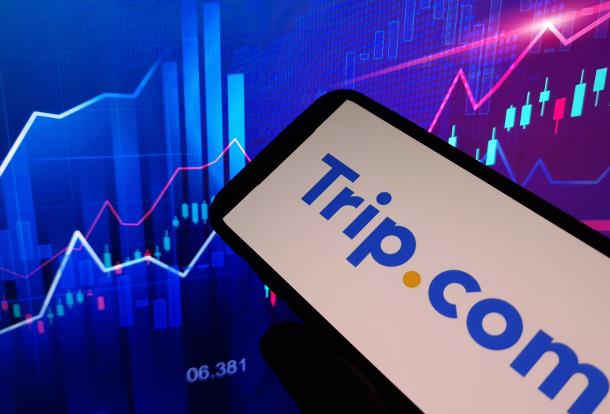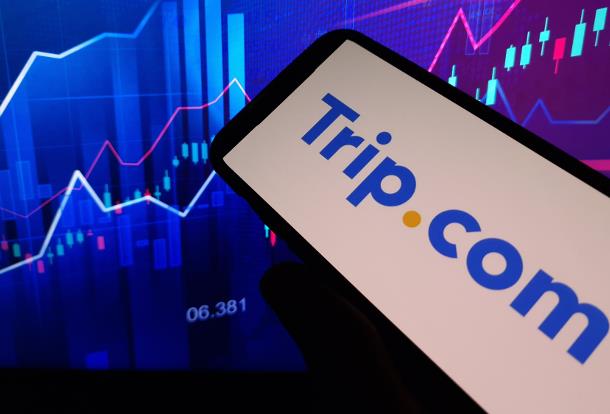
ChinaTravelNews, Ritesh Gupta - James Liang, Executive Chairman, Trip.com Group has stated that generative artificial intelligence (AI) technology “will not replace OTA (online travel agency) platforms”, rather it will improve the “operational efficiency of OTA platforms”.
“OTAs are well-positioned to develop their own AI travel assistance with the help of their large transaction data and deep understanding of customer requirements,” said Liang.
Travel companies have come up with new AI initiatives this year, that have largely focused on coming up with tool and interfaces, and positioning them as a trusted trip companion. Trip.com has made steady progress, not in the planning arena, but also in directing users to complete their booking process once they intend to book a recommendation or an itinerary proposed by TripGenie.
Trip.com continues to refine its use of AI technology, with the highlight being the launch of its AI assistant this year.
The context-based natural language processing-integrated chatbot initially focused on travel tips, inspiration, and itinerary suggestions through real-time communication. Liang, who spoke about the same during the company’s second quarter (Q2) earnings call, mentioned that the updated version, TripGenie, is capable of “interpreting text and voice commands, offers contextual assistance and provides actionable responses”.
Among the top use cases of generative AI, companies across various industries are looking at supporting interactions with customers and also generate creative content for marketing efforts (such as personalised emails, customized messages and rewards etc.).
For its part, other than customer interactions, Trip.com Group is also focusing on augmenting its content-related initiatives. The company has been experimenting AIGC (AI generated content). This area also witnessed progress, according to the company. Liang shared that the group has “launched an infrastructure of AI-generated content production” and this complements the content creation pipeline of Trip.com to improve “content quality and improve efficiency”.
Trip.com Group continues to grow the number of KOLs it works with and also strengthening its user generated content.
The developments related to AI emerged as Trip.com Group shared that its net revenue RMB 11.2 billion increased by 180% year-over-year in Q2 and exceeded the pre-COVID level for the same period in 2019 by 29%.
Continuous improvement
Jane Sun, Trip.com Group’s CEO pointed out that AI is clearly providing an opportunity to be a differentiator when it comes to standing out with product recommendations, convenience (saving on time that is usually associated with trip planning and booking) etc.
Jane said, “Tourism shouldn’t be viewed as a monolith (referring to it being massively undifferentiated, same for one and all). It is key to understand that individual travellers have their own preferences and behaviours. They often seek efficient and personalised solutions to plan their trips in today’s fast paced world. With advancements in technology and the rise of AI many travel companies are embracing (them) in an innovative manner to enhance customer experience.” She added, “Seeing the potential to drive a wave of disruption in the industry, we responded with the launch of TripGenie, which can integrate events, answer questions and directly link the relevant information to the right pages.”
One of the highlights of TripGenie is its all-in-one interface i.e. featuring tourist spots, shopping destinations, booking links, images, and city maps - all within a single chat. This builds on the ability to come up with personalised recommendations, which is continuously becoming smarter with data that the OTA already possesses and blending it with other sources of data (about the user) and tech options to boost the interface.
Beyond working on tools like chatbots, companies are also looking at enhanced use of data they possess in the form of first-party data and also how to best blend it with other sources. According to McKinsey, generative AI could help marketing functions overcome the challenges of unstructured, inconsistent, and disconnected data—for example, from different databases—by interpreting abstract data sources such as text, images, and varying structures.
Recovery in domestic market
Domestic hotel bookings grew by 170% year-over-year and by over 60% compared to the pre-COVID level for the same period in 2019, shared the company.
“The China domestic travel market has demonstrated a strong rebound since its opening in Q1,” said Jane.
According to the company, in July, the industry level air passenger volume in the domestic market was 10-15% higher than the level prevalent in 2019. Also, the industry level hotel RevPAR was up by 10%. “International air passenger volume has also recovered 50% quarter-to-date,” said Jane.
Air ticket bookings on the company’s global OTA platform grew by over 120% year over year and nearly doubled compared to the pre-COVID level for the same period in 2019.




